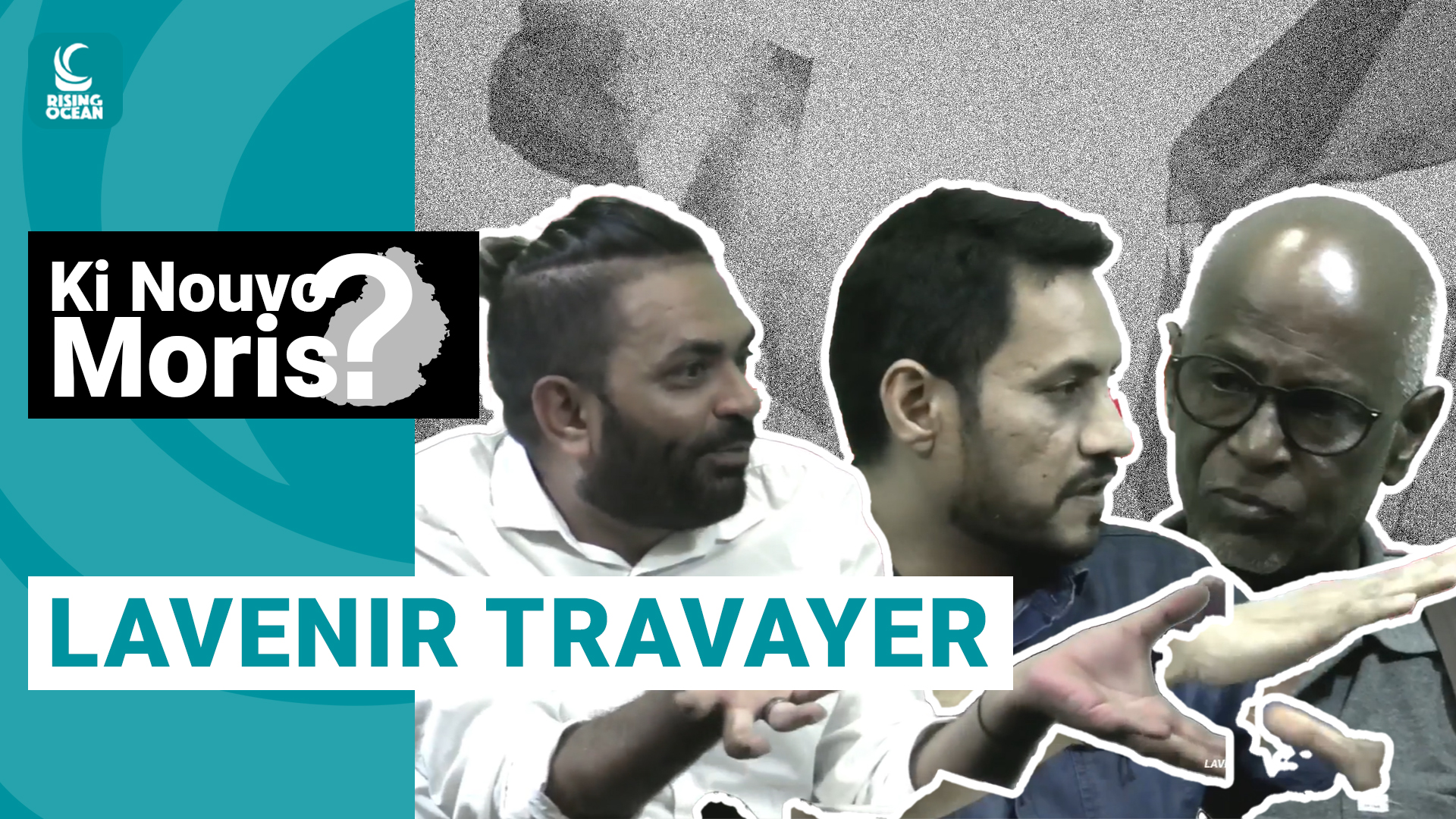Mauritius has experienced two systems that have shaped its history. After the abolition of slavery and the end of the period of indentured labor, the island experienced an emerging working population, the wage earners. Mauritius then experienced salaried employment exceedingly early compared to other African countries, such as Madagascar, where the country experienced peasantry before having paid workers. Nowadays, the working population of the island is estimated at more than 500,000, and they work in the different pillars of the economy. To elaborate further on the subject, the Ki Nouvo Moris platform had invited Nishar Atchia, vice president of the Private Sector Employees Union (PSEU), and Alain Kissen, secretary of Union Bus Industries Workers (UBIW). The topics covered are as follows:
- The situation of the working class
- Challenges and opportunities
- The Workers’ Program
- Labour Day
The situation for workers has been more difficult since COVID-19. The vice president of the PSEU confides that many workers in the different fields of the union in which he is active are in great difficulty, even if already 4 years have fallen apart since the pandemic. At the level of the union that I stand for, we did everything we could during the lockdown to try to help the employers as best we could.
“We were in constant communication with them, and this has paid the price. However, to really help a wider category of workers, there would have to be a large trade union structure that would make it possible to redress the situation for all employers on the island.”
For Alain Kisnen, the world of work is fraught with pitfalls for workers. Undeniably, there have been trade union gains, and this is mainly due to the strength and battles of workers.
“Nothing was given without a battle. No government has decided to put laws in place or make advances for workers on a whim because they thought they deserved it; on the contrary, it was made possible with the determination of the working class, who armed themselves with courage to demand these rights.”
However, the working class still faces challenges. Despite the trade unions’ advances, there is still a lack of laws that will help relieve those who contribute to the Mauritian economy. Between the excessive cost of living, the 45-hour work week, and the disparity between public and private sector employees, there is still so much to be done to set up a society where the working class will flourish.
Nishar Atchia emphasizes that the biggest challenge is that 60% of the working class does not know their rights. This is why it is necessary to set up a good trade union structure to be able to create discussion platforms to teach workers their rights while showing them how to apply them. Educating the working class about these different rights will ensure that no employer can silence them when there is injustice.
“It is important to be well surrounded in order to be able to help the working class as much as possible.”
Regarding the workers’ program, the vice president of the PSEU stressed that a more humane approach is needed. It is true that to make a society work, profit must be generated; however, it should not be done at the expense of the working class. With climate change, working in sectors like freeports is becoming increasingly difficult for employees. As a matter of fact, with the rising temperature, it is not always easy for employers to work for several hours in the sun. What is more absurd, says Atchia, is that no one seems to care about finding solutions to this problem.
“The main problem is that some remedy is given; however, this sound is misery cover because, indeed, it doesn’t change the situation in any way.”
Alain Kisnen, there should also be a non-discrimination campaign. All workers in this country deserve the same treatment, and to make a distinction between public and private workers is inconceivable. The typical example is when there is torrential rain and the risk of flooding, where it is the Mauritian business that decides whether public sector employees should go to work or not.
« The climate crisis affects everyone, and making a distinction between workers from different fields is a total lack of respect for them. »
Ultimately, the two trade unionists are launching an invitation to the workers of Mauritius, regardless of their respective fields, to unite to make progress. It is true that, thanks to the trade union movement, Mauritius has made legislative progress, and much remains to be done to ensure that every employee can work with dignity and without fear that employers will be able to trample on his rights. The call is made to all workers to come and march together for our rights on May 1st at St. Jean.
Watch the full debate here:


